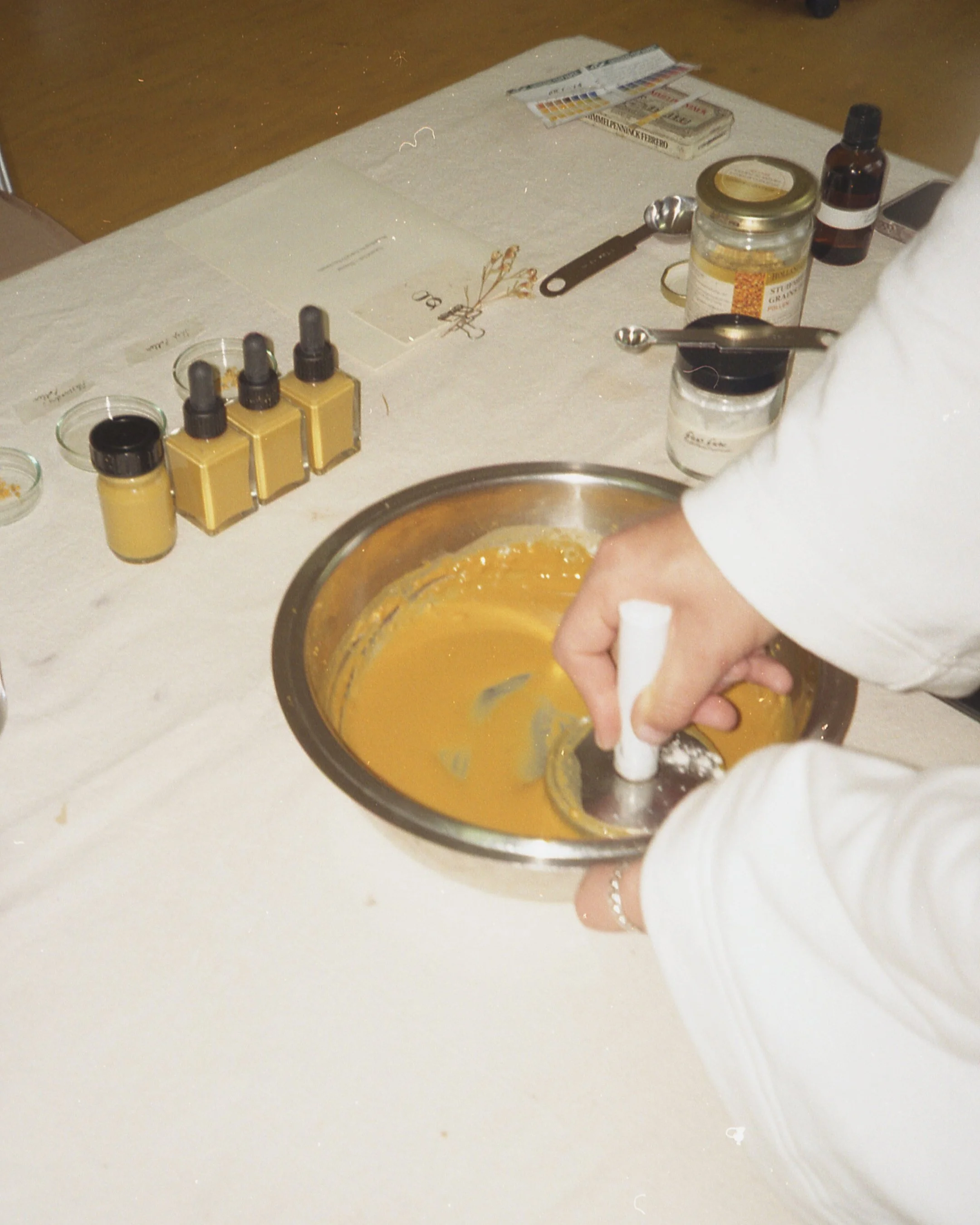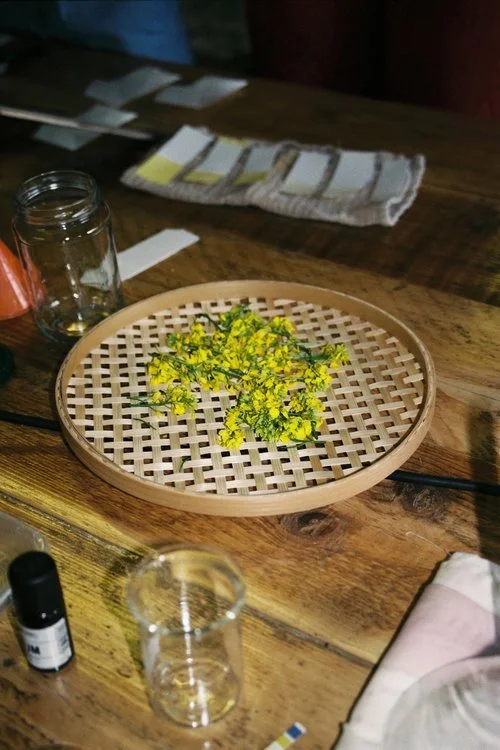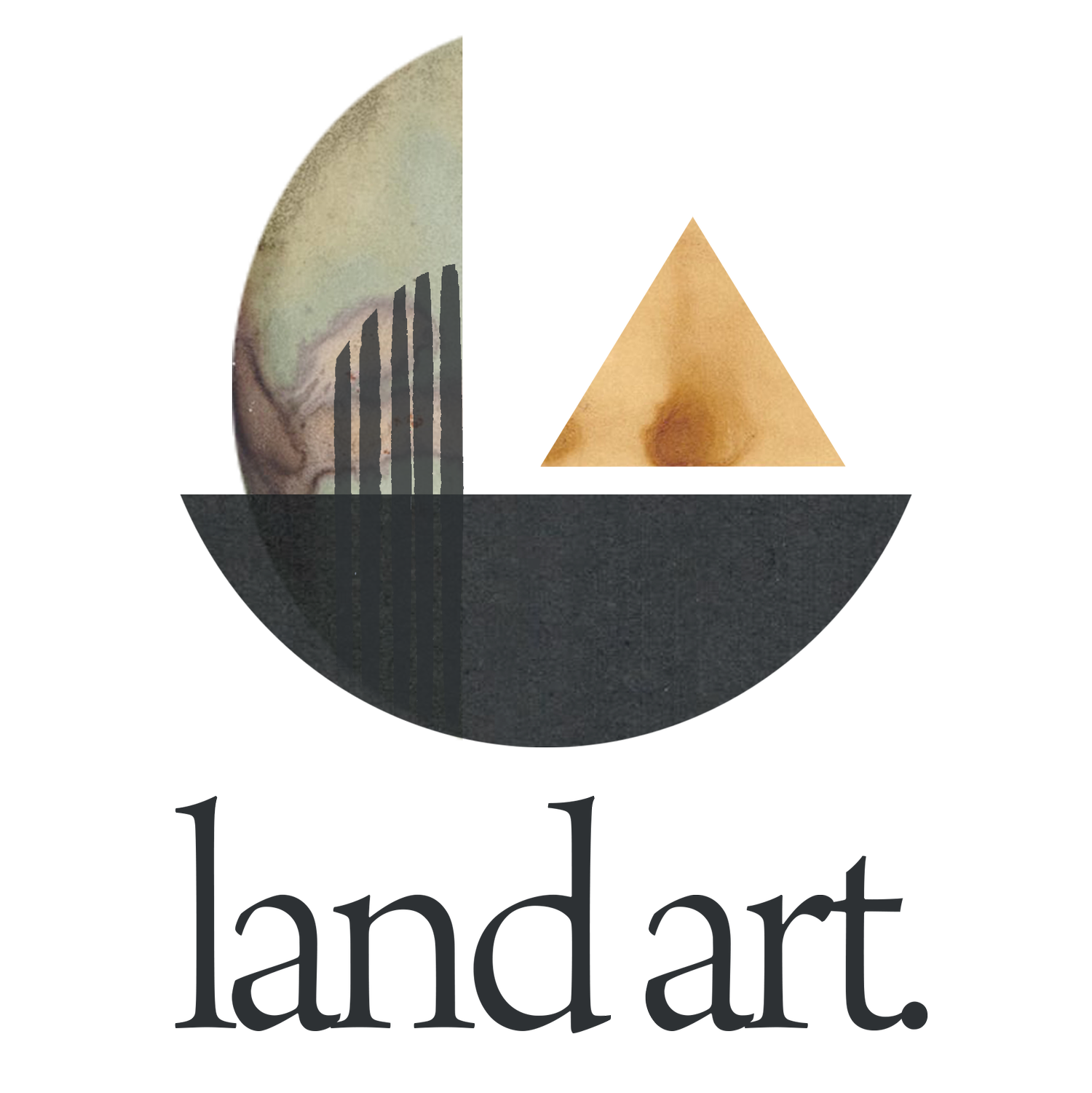
Screen printing
with bio-based ink
Join artist Greta Desirèe Facchinato in learning how to create inks for more sustainable screen-printing.
Dive into the world of sustainable screen printing by learning how to create your own bio-based inks from natural materials with artist Greta Desirèe Facchinato.
All sessions are recorded and made available for a week following the course. This also includes times for any feedback questions.
2 Hours Live & Online
Upcoming Dates
12 June, 6pm UK
£40

Greta Desirèe Facchinato (IT/LU) is a research-based multidisciplinary artist and designer. She holds a Masters in Artistic Research from KABK Den Haag (NL) and a Bachelors in Visual and Performance Arts with a specialization in Sculpture from Accademia di Belle Arti di Venezia (IT).
Through the crossflow of different mediums and the investigation of daily life encounters, gestures, and materials her practice invites us to experience matter from an embodied awareness. She runs a studio focused on research and sustainable education through natural materials, illustration and creative workshops. In 2021 with her project Color is Alive she researched organic ink making for screen printing. Since then she is been working with the knowledge of color and the interconnection with our environment through the practice of making sustainable ink for printing techniques.































This hands-on workshop is designed for beginners and those with experience in natural dyeing or ink-making. You will learn to make vibrant, eco-friendly inks from plants and explore how to apply them to screen printing on both textiles and paper. This course is perfect for artists, printmakers, and designers who want to integrate sustainable techniques and natural materials into their practice.
What You’ll Learn:
• How to forage for plants and create bio-based screen printing inks.
• How to modify ink consistency and adapt it for paper and textile.
• A live screen printing demo with troubleshooting tips.
Who is this for?
• Artists and printmakers exploring natural, sustainable materials;
• Designers and textile artists seeking eco-friendly printing techniques;
• Beginners interested in learning the basics of screen printing with bio-based inks;
• Those experienced in natural dyeing or ink-making who want to expand their practice to screen printing.
If you would like to test the ink alongside Greta in the workshop, please collect and extract the dye from your plant matter ahead of the session. A PDF with more details will be shared on booking.
Dye extraction instructions:
1. Collect two handfuls of fresh organic material (for example flower petals, kitchen waste, leaves, nut shells). Continue with the next step or dry the material by spreading it on top of a carton or wooden surface (keep out from direct sunlight);
2. To extract the dye, pour around 500ml of hot water on top of the material in a stainless steel pan. Leave to simmer for at least one hour. Filter the liquid through a colander and discard the plant material. Pour the extracted dye into a jar, and store it in a cool and dark place or in the fridge (remember to label it). N.B. In the case of nuts or roots, soak them in hot water and close them in a jar. Leave to ferment for at least two weeks prior to the workshop.

FOR THE 2 HOUR LIVE SESSION YOU WILL NEED:
-

General
Kitchen towels
Electric cooking plate
Access to electricity and water (sink, tap, drain, etc).
A spoon for stirring
Tea Kettle
-

Materials
A plant material, dried or fresh - for example, flower petals, kitchen waste, leaves, and nut shells
Ph paper strips
Immersion blender
Soda ash or baking soda
Alum (Aluminium potassium)
Arabic gum in powder, Guar gum in powder, Agar Agar in powder
Cloves or thyme essential oil
Small screen printing frame with an exposed image of your choice and a squeegee (facultative based on if you would like to screen print alongside Greta in the workshop using your ink).
-

Tools
Two empty glass jars of 250ml or more, with lids
A stainless steel pot for your dye
Funnel (small or medium size)
A small piece of cheesecloth or fine mesh fabric
Measuring scoops of different sizes
masking tape
A4 thick cotton paper

Our Workshop Feedback



